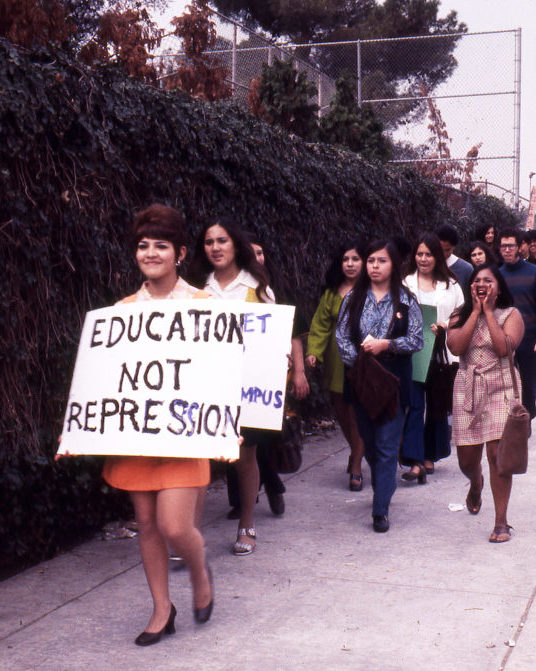Qué será, será? Whatever will be will be. The world is for us to see…que será, será! what will be, will be!
Will it be that children living in poverty ever reach equality in receiving an adequate education?
Will it ever be possible for them to dream of a good life in their distant future? Or, is it that being marginalized ethnically, socially, and economically will inevitably place them on unequal playing fields? And can we accept as educators and/or parent/community advocates to leave a child’s overall education to fate?
Whether it’s lack of English language or opportunities, these students continue to battle unique hurdles. Therefore, it’s important to have significant and effective parent training. Well-equipped parents are armed with the tools necessary to create supportive and positive learning environments for their children. The desired outcome is to stimulate these children’s physical, intellectual, social and emotional growth.
The relation between parent involvement and academic involvement is well established. In order for programs and interventions to be effective, they must engage families. It is not sufficient to volunteer or simply attend school events. What seems to generate significant positive gains are home and school activities where trained parent educators provide coaching for parents in developing literacy skills. Teachers can send home literacy-related activities for parents and children to do together. It’s important for educators to increase outreach by sending materials home, meeting face to face, as well as making frequent phone contact.
Arlene Cárdenas, a passionate educator and my good friend, served as parent trainer/coordinator at a school in Rowland Heights, California. Ms. Cárdenas was able to turn around the school’s failing test scores to grade level performance and beyond, by creating an intensive bilingual parent program where parent literacy skills were enhanced by offering workshops at the beginning of the school year and throughout. Adults received learning packets in reading and math as well as detailed training on how to use these materials with their own children at home. Her contagious enthusiasm increased the parents’ receptiveness to her program. As parents observed, interacted, dialogued, and actively participated in their child’s life, a direct impact on their academic growth was created.
School districts serving the needs of marginalized students have a double responsibility of ensuring that their parenting classes not only meet standards, but go above and beyond to ensure every effort is made to even the educational playing field.
That “life is uncertain” is an unquestionable fact. The current instability in the White House has many of us experiencing an unprecedented political turmoil that is having a far-reaching effect in the classroom. Now more than ever, there is an urgent necessity for school districts to provide quality and significant parent training as well as facts. We must commit to empower our students for life-long success!
Graciela de la Torre-Ferrada
As a lifelong community organizer and activist, Graciela Ferrada has been involved in local political campaigns, fundraising, getting the vote out, parent advocacy, and spearheading organizations that provide civic and social justice awareness. She is committed to narrowing the educational gap that has perpetually afflicted the working-class Latino communities as well as promoting social justice.
Her hobbies include, reading, league soccer, dancing, foreign movies. She currently resides in East Whittier, with husband and two adult children, Sebastian and Yasmin.
Latest posts by Graciela de la Torre-Ferrada (see all)
- ¿Porque Los Distritos Escolares Deben Invertir en Capacitación Para Padres? - August 16, 2017
- Why School Districts Should Invest in Parent Training - August 11, 2017
- Las Instituciones de Reconstrucción : Examinar, Comprender y Desafiar Estructuras Institucionales, Mientras se crea un Movimiento - July 7, 2017
- Reconstructing Institutions: Examine, Understand and Challenge Institutional Structures while Creating a Movement - July 5, 2017
- Capacitando a Los Padres: La Educación En Las Comunidades Marginadas - May 22, 2017

